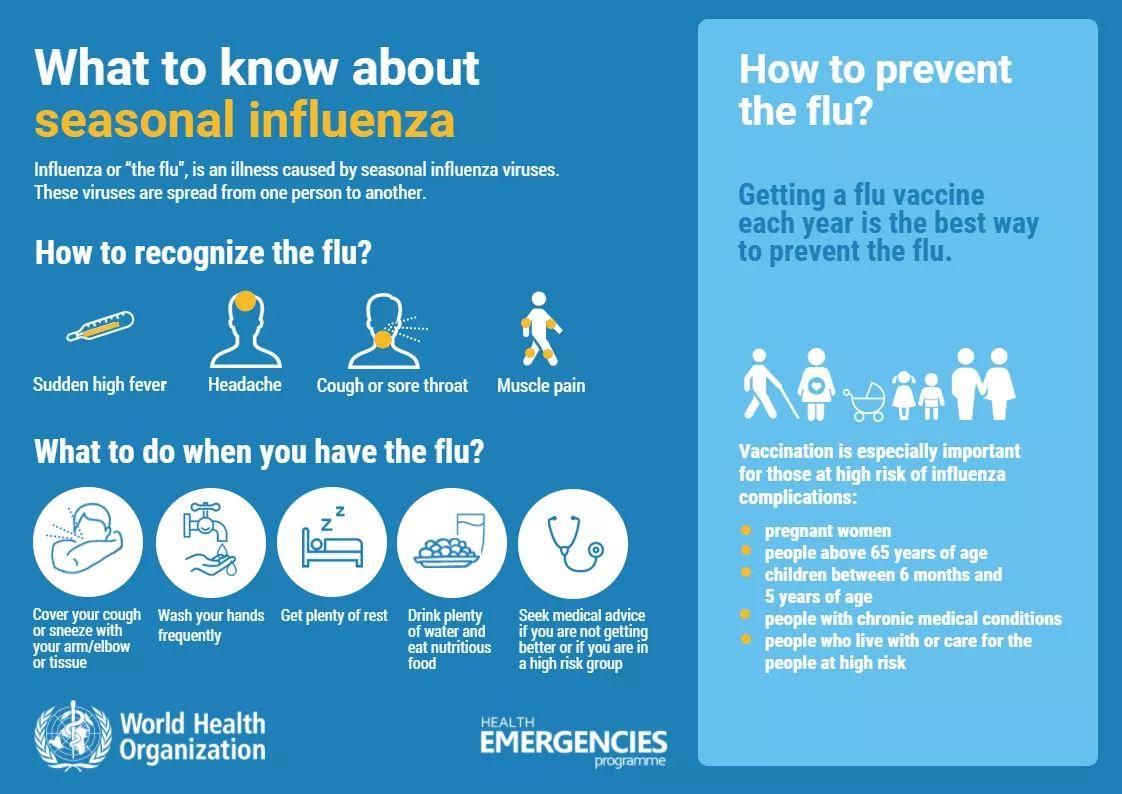Coughs, Colds & Sore Throats
 Common colds are the primary reason people miss school and work. Most coughs, colds, and sore throats are caused by viruses and will resolve on their own. A visit to a healthcare provider and antibiotics are generally not needed. However, if you are getting worse after about 5 days or you have symptoms, such as ear pain, shortness of breath, or wheezing, high fever, muffled voice, inability to swallow, neck stiffness, vomiting, or asymmetrical tonsils, you should see a healthcare provider. Please review the following information to learn self-care tips and determine if you should be seen. You can also call and speak with a nurse if you have questions (707) 826-3146
Common colds are the primary reason people miss school and work. Most coughs, colds, and sore throats are caused by viruses and will resolve on their own. A visit to a healthcare provider and antibiotics are generally not needed. However, if you are getting worse after about 5 days or you have symptoms, such as ear pain, shortness of breath, or wheezing, high fever, muffled voice, inability to swallow, neck stiffness, vomiting, or asymmetrical tonsils, you should see a healthcare provider. Please review the following information to learn self-care tips and determine if you should be seen. You can also call and speak with a nurse if you have questions (707) 826-3146
Wellness Toolkit
Tips for Avoiding Respiratory Infections including the Flu
- Wash your hands for at least 1 minute -- click here for an instructional video.
- Avoid close contact with people who are sick, sneezing, or coughing.
- If possible, stay home from work, school, and errands when you are sick. You will help prevent others from catching your illness.
- Avoid any situation which could transfer the saliva of a sick person to your mouth, such as using the same toothpaste tube or handling objects contaminated with saliva.
- Eat a well-balanced diet. Limit sugar (lowers your immune system).
- Drink adequate water.
- Get regular exercise.
- Get adequate sleep.
- Get a flu shot every year.

Cough
Sore Throat
The Flu
Influenza vaccines — though not 100 percent effective — significantly reduce the risk of the flu and its complications. Students who experience High Fever, Muscle Aches, Severe Fatigue, and other Upper Respiratory Symptoms for less than 3 days are encouraged to call the Health Center for a teleHealth evaluation with our clinical staff or TimelyCARE for possible testing and/or treatment. Most health individuals do not need influenza medication, only supportive care, and continue to observe proper hand hygiene, masking and minimize contact etc.
The Centers for Disease Control and Prevention (CDC) recommends that everyone 6 months of age or older be vaccinated annually against influenza, and take these additional steps to help protect yourself from the flu and other viruses:
Wash your hands often and thoroughly with soap and water.
Use an alcohol-based sanitizer on your hands if soap and water aren't available.
Avoid touching your eyes, nose or mouth whenever possible.
Avoid crowds when the flu is most prevalent in your area.
Practice good health habits. Get plenty of sleep, exercise regularly, drink plenty of fluids, eat a nutritious diet and manage your stress.
You can also help prevent the spread of the flu by staying home if you do get sick. Individuals who miss one of the scheduled on-campus vaccination clinics are encouraged to contact their local pharmacy or primary care physician directly.
Flu Shots for students!!!!
(No charge to students)
Student Health & Wellbeing Services has partnered with Redwood Pharmacy to offer the convenience of on-campus free flu vaccinations for fully matriculated Humboldt students. Flu shots will be billed to the student's insurance and no student will be turned away if insurance is lacking. Staff & Faculty welcome with payment of $40 cash or check.
Thusday, Nov 13 10am-1pm Nelson Hall East 102
For more information, contact health@humboldt.edu
How to know if you have the flu
Seasonal Influenza: Flu Basics
Is there a treatment for the flu?
There are prescription antiviral medications that can be used to treat the flu. These medications can decrease symptoms and shorten the time you are sick by 1 to 2 days. Most healthy people do not need these medications and will get better on their own. People at risk for complications from the flu should see their healthcare provider promptly to receive a prescription. The medication works best if taken within the first 48 hours of the illness. See if you are at risk for complications.